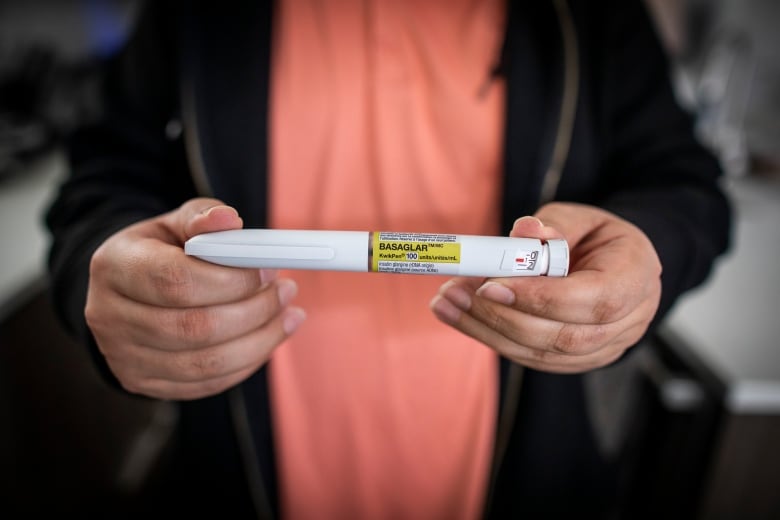
British Columbia has become the first province in Canada to sign a pharmacare agreement with the federal government that would help the province fund hormone replacement therapy and diabetes expenses.
Federal Health Minister Mark Holland said B.C.’s portion of the $1.5-billion national plan is estimated to be $195 million, and under the memorandum of understanding, funding could begin by April once the legislation makes it through the Senate.
“My objective remains, and I am confident that we can achieve it, to sign an agreement with every jurisdiction in the country, every province, every territory, prior to April 1 of next year, and to get drugs flowing in every jurisdiction in that timeline,” Holland said at a joint news conference in Vancouver on Thursday.
The coverage was to be for birth control and diabetes drugs and supplies, but B.C. Health Minister Adrian Dix said oral contraceptives are already covered under a provincial program so that share will be used to cover hormone therapy for women.
“We are taking that money, the between $30 and $40 million in B.C., that will come from the federal government for contraception, and applying it to something else, to make something else free at point-of-purchase, free for British Columbia women,” Dix said.

Dix, who has Type 1 diabetes, said about 150,000 British Columbians get diabetes medications, and it’s estimated that covering hormone replacement therapy will benefit 40,000 women.
He said the cost that comes with diabetes can be particularly difficult for some.
“I’ve had it for a long time, and I can afford to deal with it,” Dix said. “Probably after taxes, $120,000 is what it cost me.”
Making HRT affordable
In April 2023, B.C. became the first jurisdiction in Canada to provide free birth control, and Dix said 264,000 women in British Columbia have been able to access free contraception.
Holland said funding hormone therapy in B.C. is fundamentally important for women’s health.
“For women, about one-third of their life is going to be spent in a post-menopause state,” he said.
“Helping make that adjustment, that’s not a conversation we have nearly enough. And the fact that so many women can’t afford that treatment means fundamentally devastating things for their health,” he said.
B.C. Women’s Hospital medical director Dr. Stephanie Rhone says the announcement is fundamental in improving health care for women.
“We know that untreated menopausal symptoms have a very significant impact on people’s health, quality of life and ability to work,” Rhone said.